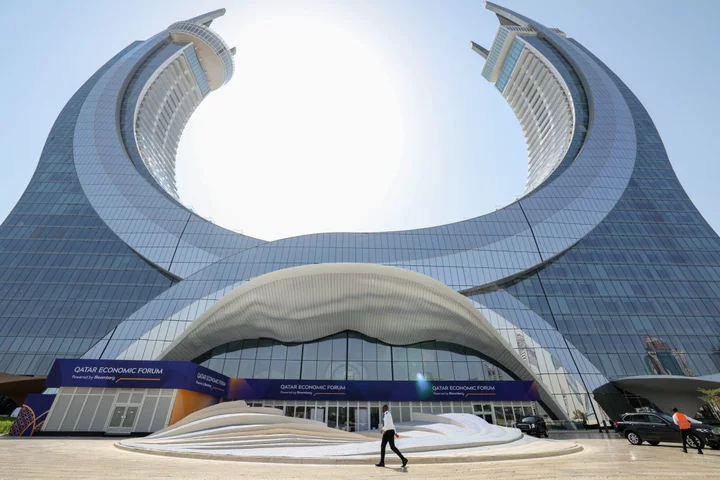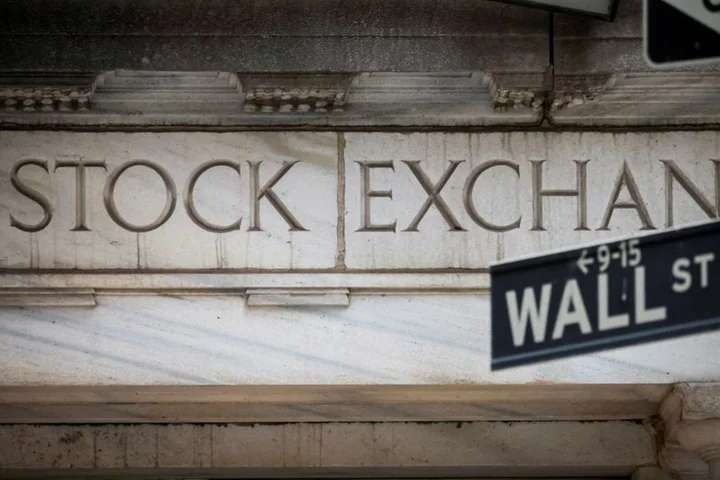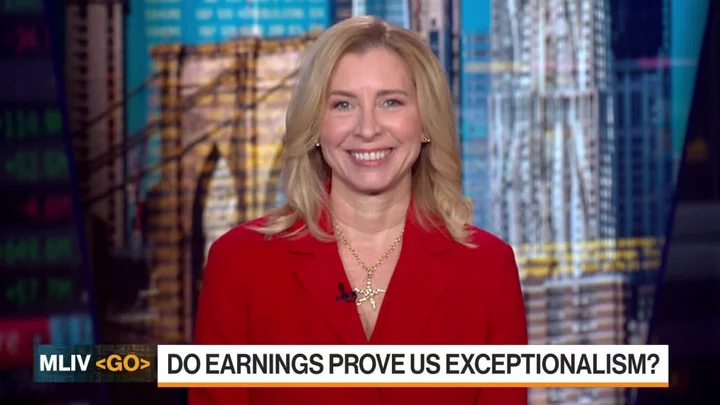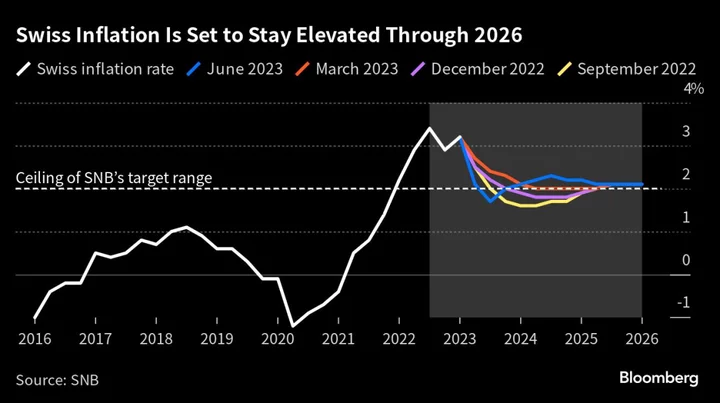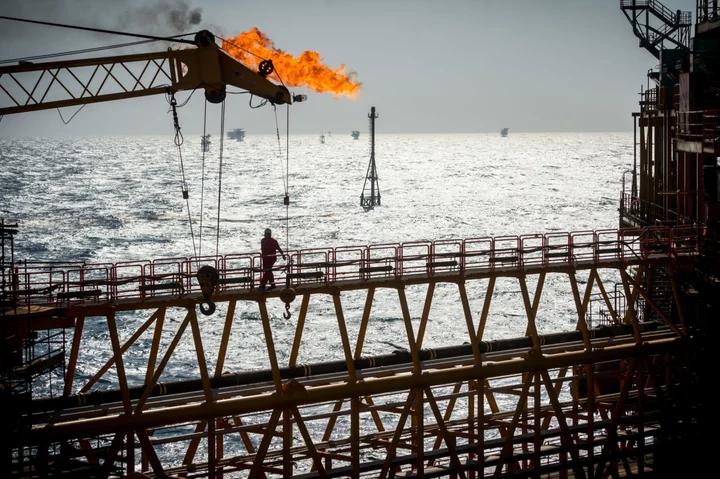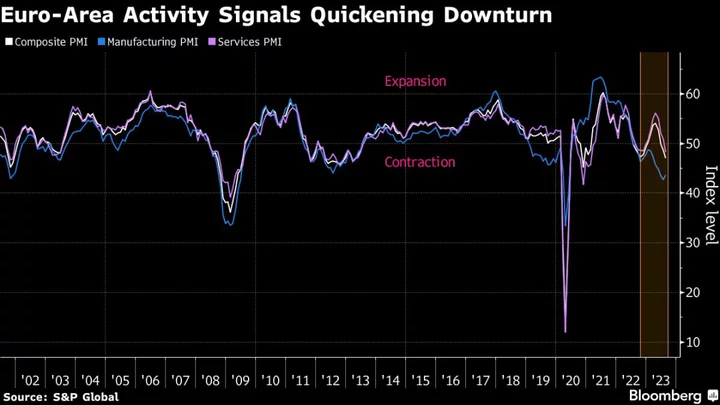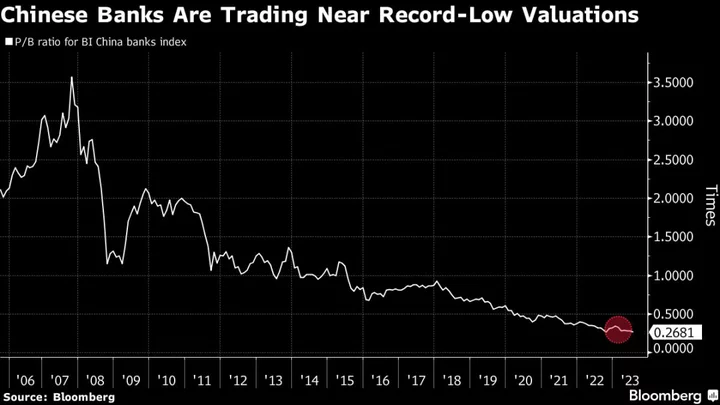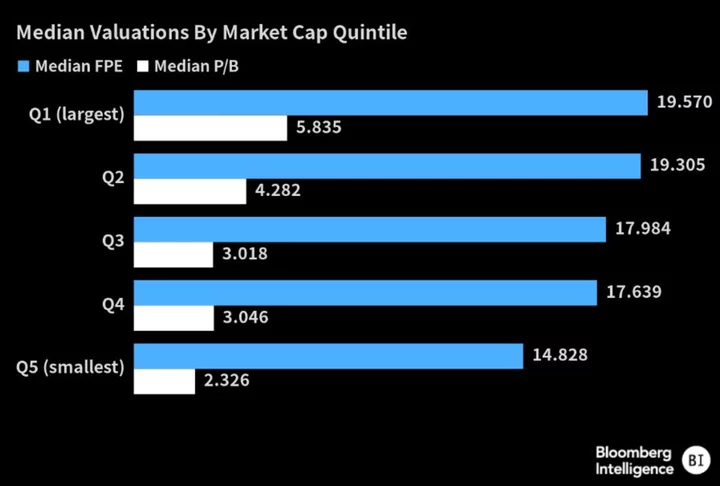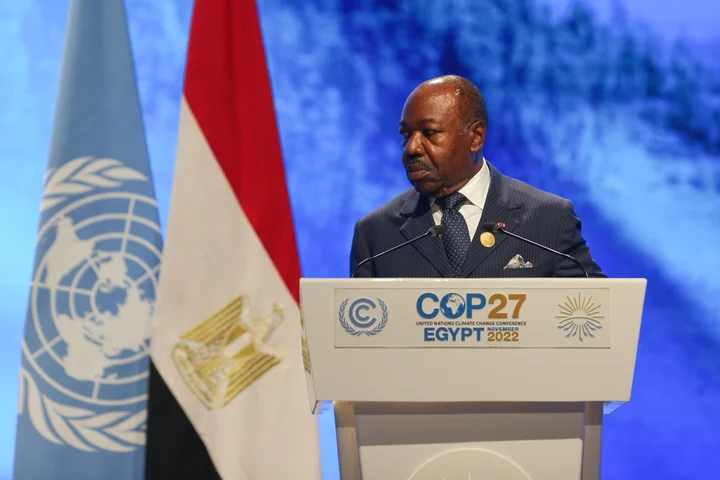Saudi Arabia’s top energy official issued another warning to oil short-sellers, just over a week before the OPEC+ alliance is due to meet.
“I keep advising them that they will be ouching — they did ouch in April,” Saudi Energy Minister Prince Abdulaziz bin Salman said at the Qatar Economic Forum in Doha on Tuesday. “I don’t have to show them my cards and I’m not a poker player. But I’d tell them: ‘Watch out’.”
The prince — famous for telling short-sellers they would be left “ouching like hell” — returned to the theme at a panel discussion at the forum alongside Qatar’s energy minister Saad Al-Kaabi and his Iraqi counterpart Hayyan Abdul Ghani to discuss what’s next for global energy supplies and demand.
The first day of the third annual event kicked off with comments from the energy-rich nation’s prime minister. Speakers later include the chief executive officer of Qatar’s $450 billion wealth fund, one of the biggest investors in Credit Suisse Group AG that saw the value of its holding crash. We’ll also hear from the heads of Qatar Airways and Boeing Co., against the backdrop of a sustained rebound in travel.
TikTok CEO Shou Chew is also set to appear on a panel just after midday in Doha. The popular video-sharing app is faced with legislation that could see it banned in the US.
For more coverage from the three-day event, please click here.
NOTE: The government of the State of Qatar is the underwriter of the Qatar Economic Forum, Powered by Bloomberg.
Key Highlights:
- Terminal users: Watch event on {LIVE }
- Prominent speakers on Tuesday include: Ken Moelis, Bill Winters, Steve Mnuchin
Iraq Plans New Licensing Round for Border Fields (11:57 a.m. Doha)
Iraq plans a new licensing round for investors to bid in energy fields along its borders, stretching from Syria to Saudi Arabia, within the next two months, Ghani said.
The country’s oil exports from the north are still halted as Turkey conducts maintenance works on the pipeline that was damaged by the recent earthquake, he said. Ghani reiterated that Iraq is committed to OPEC+ production cuts.
Qatar Sees Energy Transition Causing Oil, Gas Shortage (11:45 a.m. Doha)
Qatar’s Al-Kaabi said the global push toward cleaner sources of energy will result in a shortage in oil and gas supplies. Europe was only able to manage its energy requirements last winter because the weather was mild and economic growth slowed, he said.
Qatar is expanding production capacity at its North Field in two phases. Demand for liquefied natural gas from North Field East and North Field South is high, said Al-Kaabi, adding that he expects supply contracts for all of the additional supply to be signed by the end of this year.
Qatar Air Ramping up Capacity; Going Back ‘Big Time’ Into China (11:18 a.m. Doha)
Qatar Airways is ramping up capacity in Europe, Africa and going back “big time” into China, CEO Akbar Al Baker told Bloomberg TV. Ticket prices will continue to be higher, he said.
The airline is waiting and watching on new orders for planes beyond its existing orderbook, Al Baker said. The carrier is seeing strong demand for business class, with load factors regularly 95%, he said.
Rwanda to Return to Debt Markets When Need Arises (10:15 a.m. Doha)
Rwanda will need external financing for new infrastructure projects and will raise loans as required, President Paul Kagame said.
“We are busy building a country. We will need resources,” Kagame said in an interview with Bloomberg TV at the QEF. “Whenever there is a need, we will always go back” to the international debt markets, he said.
Rwanda sees “huge opportunity” for building ties with the Gulf region and Asian nations, including Qatar, and is focusing on linking up with market leaders in various sectors, Kagame said.
AI Should be Regulated, Ursula Burns Says (10:10 a.m. Doha)
The “unbelievable gift” of artificial intelligence should be directed toward good use for all and making people’s lives better, though the technology should be regulated, said Ursula Burns, chairwoman of global consulting firm Teneo and founding partner at Integrum Holdings. “Regulation should not be about control or making it fool-proof,” Burns told Bloomberg TV.
For businesses, Burns said that tools such as predictive AI can help to quantify, and therefore outrun or mitigate, risks significantly. That would help create more opportunities to invest, she said.
However, the lack of direction and regulation makes investing for the upside a “very big difficulty for us,” Burns said, “because who the hell knows.”
AirAsia Founder Says Ticket Prices Have Peaked (8:35 a.m. Doha)
AirAsia founder Tony Fernandes reckons that ticket prices have peaked, at least where his airline operates. All 210 of AirAsia’s aircraft are due to be back in operation in about two months and its fleet should expand to 300 planes in the next four to five years. By then, the group’s annual passenger traffic will rise to 150 million from 80 million, he said in an interview with Bloomberg TV.
“This is quite something from two years ago when we were struggling to survive,” Fernandes said.
AirAsia is also looking at starting airlines in two more countries in Asean, in addition to plans to launch in Cambodia, he said, pointing to “phenomenal growth” in the region.
--With assistance from Francine Lacqua, Grant Smith, Haslinda Amin, Ram Anand, Manus Cranny, Archana Narayanan, Mike Cohen, Paul Richardson and Ellie Harmsworth.
(Updates with comments from Qatar and Iraq energy ministers and Qatar Airways CEO.)

